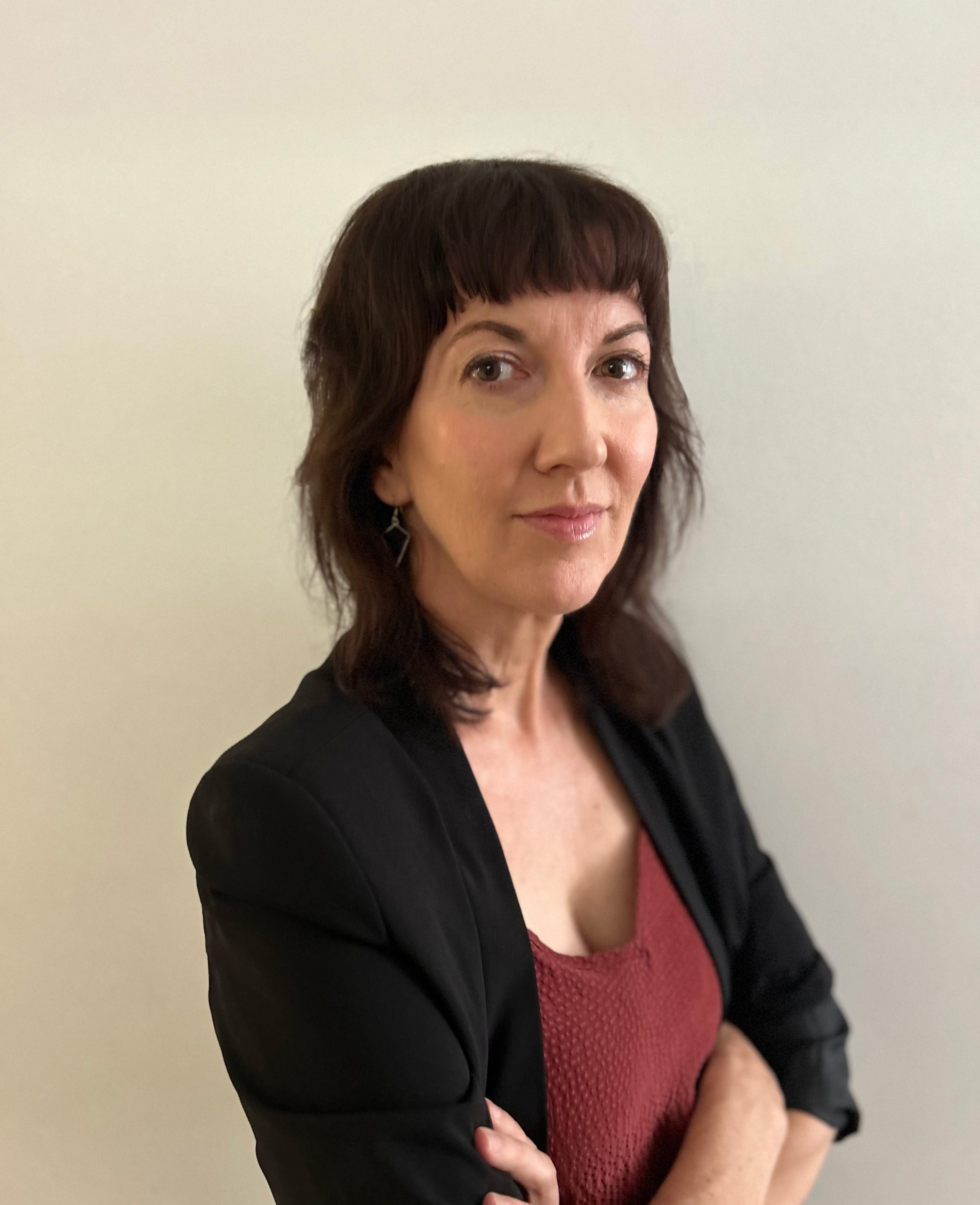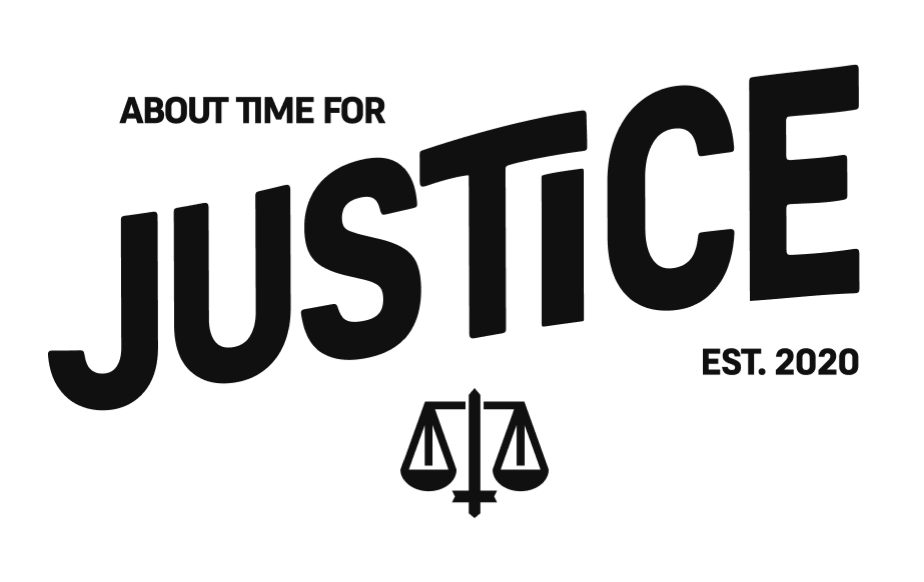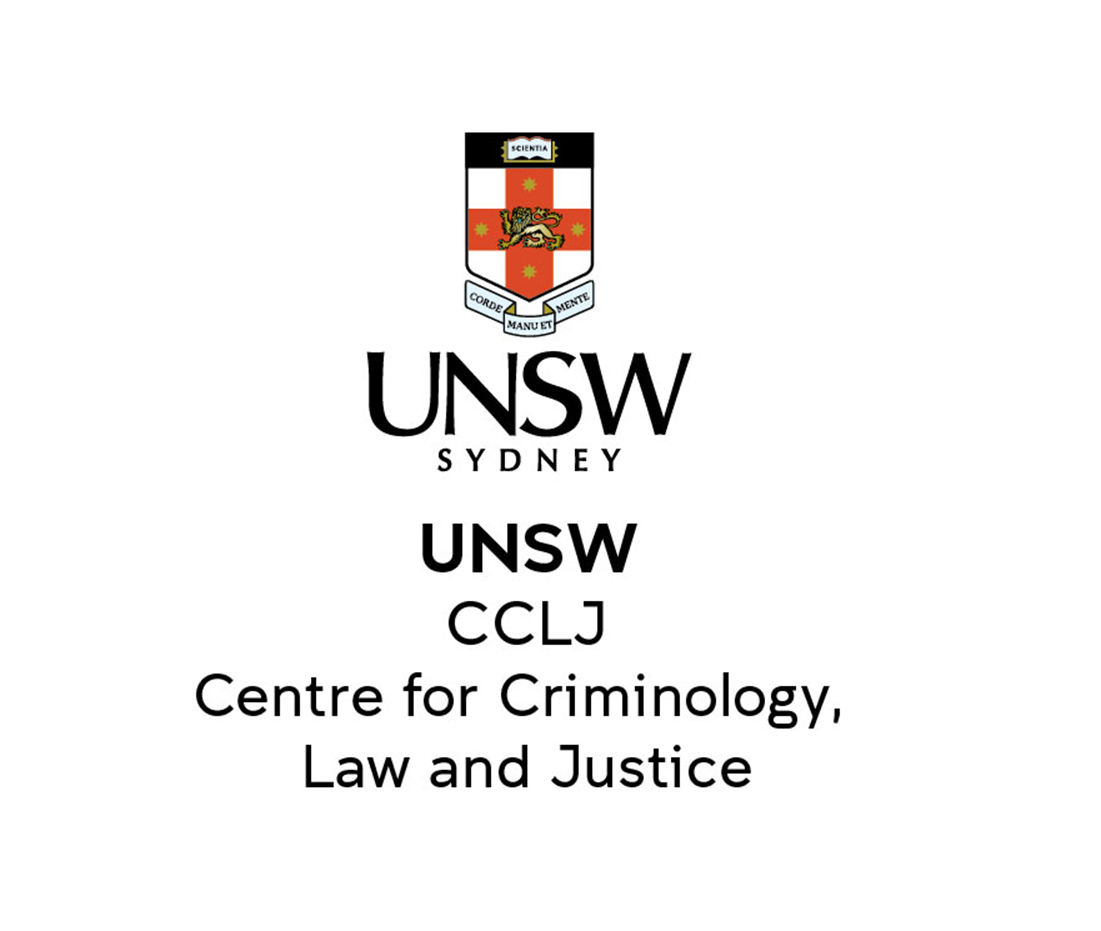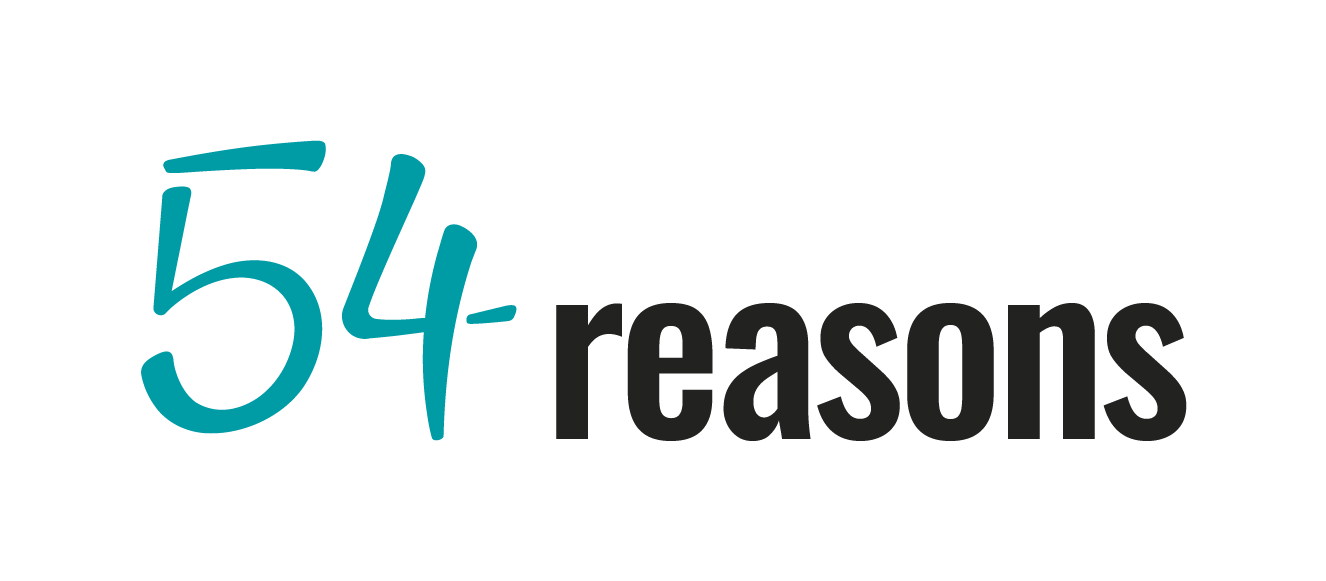Discrimination based on race, class, disability and geography contributes to the hypercriminalisation of certain groups of people. While political leaders have committed to reducing reoffending, the incarceration and reincarceration of those groups continue to increase. Inspired by research on the social determinants of health that demonstrates people experiencing social and economic disadvantage are more likely to have poorer health outcomes, Prof Eileen Baldry and I applied the same approach to study the social determinants of justice. We analysed data from police, courts, prisons, health and human services agencies to identify eight factors significantly associated with people having initial and repeated contact with criminal legal systems. These social determinants of justice will be all too familiar to those who have experienced and worked in these systems: having been in out of home care; a poor school education; being Indigenous; early contact with police; unsupported mental health and cognitive disability; problematic alcohol and other drug use; experiencing homelessness or unstable housing; and coming from or living in a disadvantaged location. The more of these factors you experience, the more likely you are to be incarcerated and reincarcerated. We need to address the structural drivers of these factors – referred to in the social determinants of health as the ‘causes of the causes’. For the social determinants of justice, these include poverty, systemic racism, abuse and violence, and the ways criminal legal systems compound social problems. This presentation will set out how politicians and policy makers can use the social determinants of justice to address the harms and costs of incarceration and support communities to thrive.
Presenters
Associate Professor Ruth McCausland’s research focuses on enabling systemic and community-led solutions to incarceration and disadvantage. She is the UNSW Director of Yuwaya Ngarra-li, a long-term multidisciplinary community-led partnership with the Dharriwaa Elders Group that grew from collaboration on a research study about the criminalisation of Aboriginal people with mental and cognitive disability; the partnership aims to improve the wellbeing, environment and life pathways of Aboriginal people in Walgett and build a new model of community-university collaboration. Ruth is and has been an investigator on research projects funded by the Australian Research Council, the National Health and Medical Research Council, the Australian Prevention Partnership Centre and philanthropic organisations. She has worked for almost 30 years in the fields of human rights, evaluation, community development and criminology. Ruth’s PhD was on evaluation and the diversion of Aboriginal women from custody, and she also has a Masters in International Social Development. She is on the Board of the Community Restorative Centre and the NSW Committee of the Australian Evaluation Society, and is an Associate of the UNSW Disability Innovation Institute and Australian Human Rights Institute.











